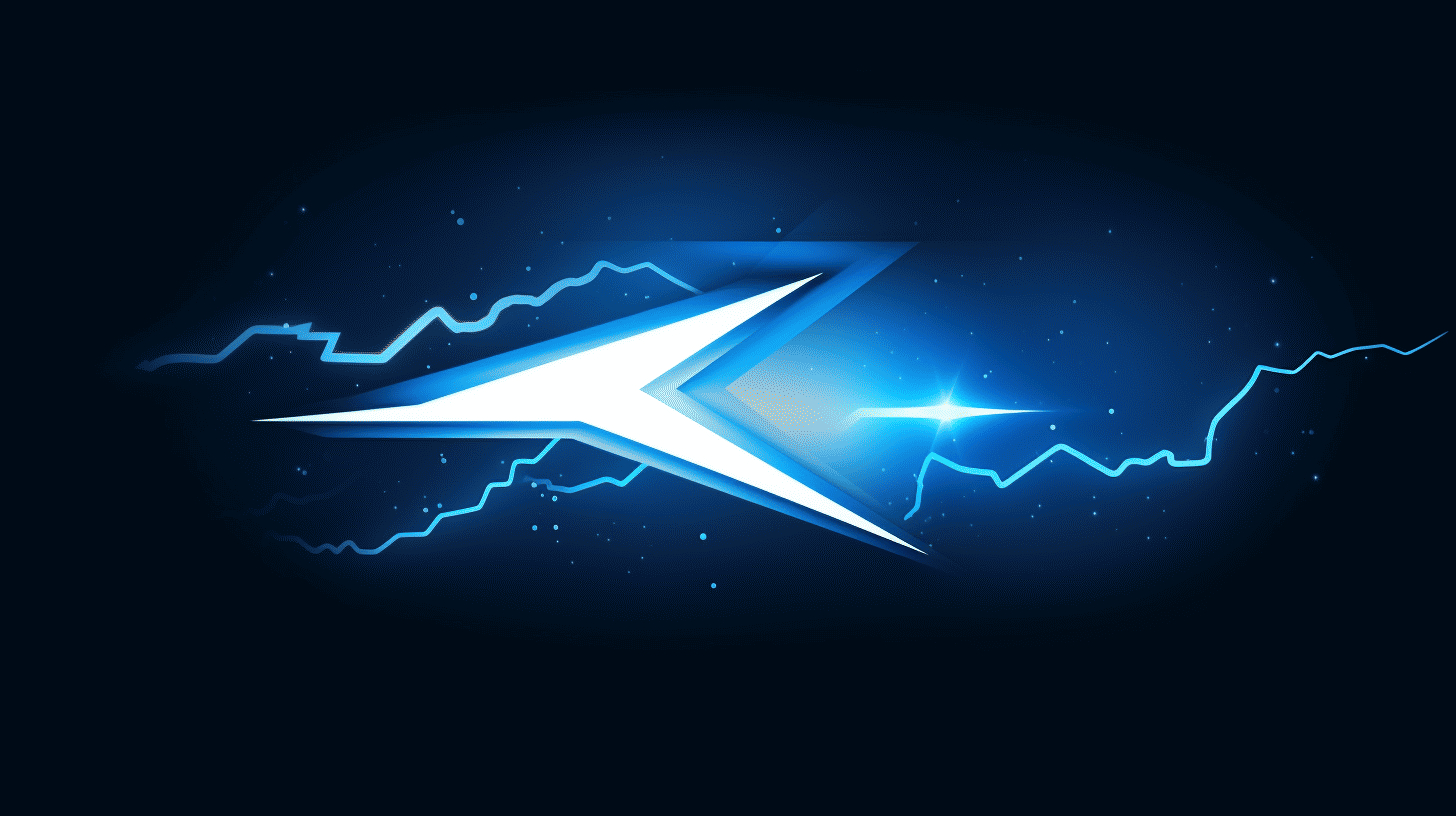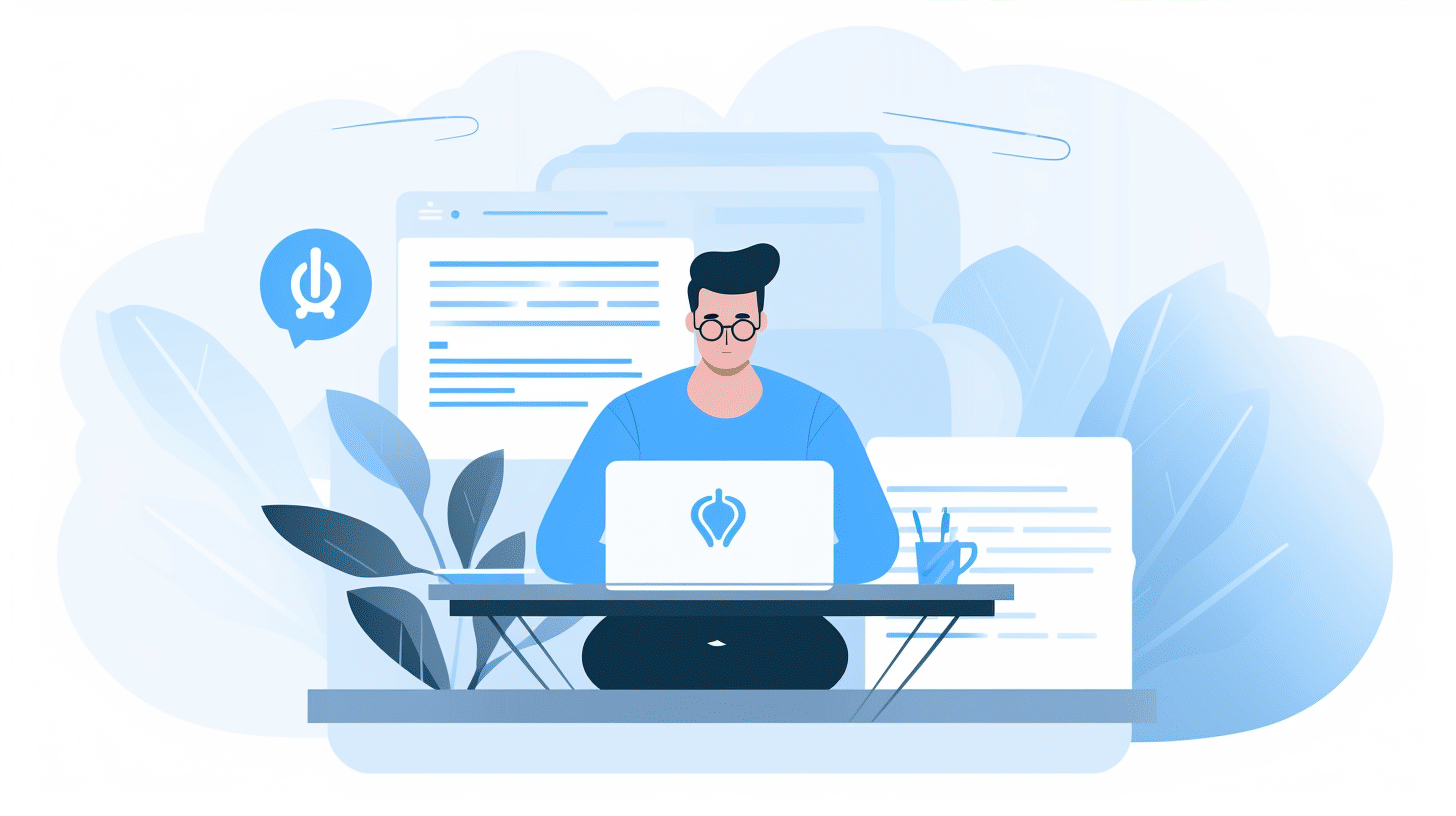对于网站而言,速度至关重要。在当今快节奏的数字世界中,用户对于加载缓慢的网站几乎没有耐心。事实上,谷歌进行的一项研究发现,如果网站加载时间超过 3 秒,53% 的移动用户将放弃该网站。这是一个巨大数量的潜在访问者因加载时间缓慢而流失的现象。
在本文中,我们将探讨网站加载时间对用户行为和跳出率的影响,讨论为什么快速加载时间对您的 WordPress 网站至关重要,并重点介绍一些可采取的可行步骤来优化您网站的性能。
因此,如果您想提供无缝且愉快的用户体验,同时提高您的搜索引擎排名,那么是时候深入研究网站加载时间的世界并发现如何提高您的 WordPress 网站的速度。
网站加载时间的影响
在当今快节奏的数字世界中,人们的注意力转瞬即逝,竞争异常激烈,网站的加载速度可以决定其成败。加载缓慢的网站会让访问者感到沮丧,并阻止他们参与内容或完成所需的操作。另一方面,加载速度快的网站可以提供流畅愉快的用户体验,鼓励访问者停留更长时间,进一步探索,并可能转化为客户。让我们探讨网站加载时间的影响以及它在在线领域的重要性。
平均加载时间统计
为了充分理解网站加载时间的重要性,让我们看一些令人大开眼界的统计数据:
- 平均而言,网页在桌面上完全加载需要 10.3 秒,在移动设备上则需要 27.3 秒[1]。这些数字乍一看可能无关紧要,但它们会对用户参与度和满意度产生重大影响。
- 根据研究,如果网站加载时间超过三秒,40% 的访问者将离开网站[1]。这意味着加载缓慢的网站可能会失去近一半的潜在流量,从而影响其可见性和转化潜力。
- 随着技术进步和用户期望的提高,网站的平均加载时间一直在稳步下降。 2023 年,预计桌面端的平均加载时间为 2.5 秒,移动端的平均加载时间为 8.6 秒[1]。这强调了企业和网站所有者需要不断优化其网站的速度和性能。
访客行为和跳出率
与网站加载时间直接相关的一个关键指标是跳出率。跳出率是指仅浏览一个页面后离开网站的访问者百分比。高跳出率可能表明对网站缺乏参与度或不满意。
研究表明,网站加载时间和跳出率之间存在很强的相关性。例如,加载时间为 15 秒的网站平均跳出率为 69%[1]。这意味着如果网站加载时间需要 15 秒,则将有近 70% 的访问者离开。相反,加载速度快的网站可以显著降低跳出率,提高用户参与度和转化率。
为了减轻加载时间缓慢的负面影响并确保最佳用户体验,请考虑实施 WordPress 速度优化技术。这些技术专门用于提高网站性能并减少加载时间。通过优化 WordPress 网站的各种元素(例如缓存、图像优化和代码最小化),您可以为访问者提供无缝且闪电般的快速体验。
请记住,就网站加载时间而言,每一秒都至关重要。优先考虑速度和性能会对用户参与度、流量以及最终的在线业务成功产生深远影响。
[1]: WordPress 速度优化技术
快速网站加载时间的重要性
在当今快节奏的数字世界中,用户在访问信息或在线购买产品时希望获得即时满足。等待网站加载就像等待缓慢的电梯一样——令人沮丧,让您想点击“后退”按钮并寻找更快的替代方案。这就是为什么网站加载时间对于用户体验、参与度以及最终的在线形象成功至关重要。让我们来看看为什么快速的网站加载时间应该成为每个网站所有者的首要任务的一些重要原因。
Google 的建议
作为搜索引擎巨头,谷歌对网站排名有着重大影响。他们以对算法讳莫如深而闻名,但有一点他们已经明确表示,那就是网站速度是排名因素之一。谷歌的 John Mueller 甚至表示,“建议网站加载时间不超过 2 到 3 秒。”当您的网站加载速度快时,谷歌的机器人可以更有效地抓取和索引您的网页,从而提高您在搜索引擎结果中排名更高的机会。此外,更快的网站可以提供更好的用户体验,而这正是谷歌非常看重的。
WordPress 和移动加载时间
WordPress 是全球最受欢迎的内容管理系统 (CMS) 之一,它已采取措施确保在其平台上构建的网站能够快速加载,尤其是在移动设备上。随着越来越多的用户使用智能手机访问网站,拥有一个适合移动设备且加载速度快的网站至关重要。根据数据显示,WordPress 是移动设备上页面加载时间最短的网站之一。
但为什么移动加载时间如此重要?想想您如何在手机上浏览互联网——您可能在旅途中,寻找快速信息或进行购买。如果网站加载时间过长,您很可能会放弃它并转向竞争对手的网站。通过优化您的 WordPress 网站以实现快速的移动加载时间,您不仅可以改善用户体验,还可以增加将访问者转化为客户的机会。
掌握这些技能不仅可以提高网站速度,而且只需遵循几个简单的步骤,您就可以提高网站效率。《增强 WordPress 网站性能》提供了 10 条经过验证的技巧,可帮助您优化 WordPress 网站的性能。从利用缓存机制到减小图像大小,这些技巧将帮助您缩短网站的加载时间并提高整体性能。
请记住,在网络世界中,每一秒都至关重要。网站加载时间的快慢决定了潜在客户的获得与流失。因此,请优先考虑速度优化,以确保您的网站提供无缝的用户体验,让访客不断回访。
影响网站速度的因素
在当今快节奏的数字世界中,网站速度在用户体验中起着至关重要的作用。没有人喜欢等待缓慢的网站加载。页面加载时间缓慢会导致跳出率高、转化率下降,以及用户可能永远不会再回来的沮丧情绪。网站所有者和开发人员必须了解可能影响网站速度的因素,并采取行动优化他们的网站以获得更好的性能。
让我们来看看影响网站速度的三个重要因素:
插件过多
插件可以增加出色的功能并增强网站的用户体验。但是,插件过多可能会影响网站速度。您安装的每个插件都会影响网站的加载时间。某些插件会引入不必要的代码或脚本,从而降低网站的性能。
为了优化网站速度,定期检查已安装的插件并确定它们是否都是必需的至关重要。考虑删除任何未积极使用或功能重叠的插件。通过将插件保持在最低限度,您可以减少需要处理的代码量并提高网站的整体速度。
服务器端缓存
服务器端缓存是一种可以显著提高网站速度的技术。它涉及将经常访问的网页的副本存储在服务器的内存中,并直接从缓存中提供给用户。通过这样做,您的网站可以更快地提供内容并减少服务器的负载。
实现服务器端缓存需要使用缓存插件或利用提供缓存功能的内容分发网络 (CDN)。这些工具通过将静态内容(例如图像和 CSS 文件)存储在更靠近用户的位置来帮助优化网站性能。
服务器端缓存不仅可以提高网站速度,还可以减少服务器和用户浏览器之间需要传输的数据量。这可以缩短页面加载时间,并带来更好的整体用户体验。
实现 Gzip 压缩
说到网站速度,每个字节都很重要。实施 Gzip 压缩可以显著减少网站文件的大小,从而缩短加载时间。Gzip 压缩的工作原理是在服务器上压缩文件,然后在用户的浏览器上解压。
通过启用 Gzip 压缩,您可以减少服务器和用户浏览器之间需要传输的数据量,从而缩短加载时间。此压缩技术对于可压缩文件类型(例如 HTML、CSS 和 JavaScript)特别有效。
要实现 Gzip 压缩,您可以修改服务器的配置文件或使用自动处理压缩过程的插件。通过启用 Gzip 压缩,您可以优化网站的性能并改善用户体验。
总之,网站速度是提供积极用户体验的关键因素。通过解决过多的插件、实现服务器端缓存和启用 Gzip 压缩,您可以显著提高网站的速度和整体性能。采取必要的步骤来优化您的网站,您的用户将以更快的加载时间和更高的参与度感谢您。
有关网站性能技术的更多信息,请查看 高效的网站性能技术.
优化网站性能
定期监控和优化
在优化网站性能方面,定期监控是关键。通过密切关注网站的速度和性能指标,您可以确定需要改进的任何领域并采取行动解决这些问题。这种主动方法可确保您的网站始终顺畅运行并提供最佳的用户体验。
但为什么定期监控如此重要?好吧,这样想:您的网站就像一辆汽车。就像您不会等到汽车抛锚才去维修一样,您也不应该等到网站速度变慢或崩溃才采取措施。定期监控可让您尽早发现潜在问题并进行必要的优化,以防止出现任何重大挫折。
那么,我们谈论的是哪种优化?以下是需要关注的一些关键领域:
- 网站速度: 网站加载缓慢会让访问者感到沮丧,甚至会对搜索引擎排名产生负面影响。使用 Google PageSpeed Insights 或 GTmetrix 等工具定期检查网站速度。如果您发现网站加载时间过长,请考虑实施以下优化措施:
- 压缩图像以减小文件大小
- 启用浏览器缓存以减少服务器请求
- 缩小 CSS 和 JavaScript 文件以缩短加载时间
- 移动优化: 由于大多数互联网用户使用移动设备访问网站,因此确保您的网站适合移动设备至关重要。定期测试您的网站在不同移动设备上的响应能力,并进行必要的调整以改善移动用户体验。这可能涉及优化小屏幕的图像、简化导航菜单或调整字体大小以提高可读性。
- 插件和主题更新: 如果您使用的是 WordPress 等内容管理系统,那么保持插件和主题为最新对于实现最佳性能至关重要。过时的插件和主题会降低您的网站速度,并使其容易受到安全漏洞的攻击。定期检查更新并及时安装,以确保您的网站运行的是最新、最安全的版本。
通过定期监控网站的性能并进行必要的优化,您可以确保网站速度快如闪电,并提供无缝的用户体验。请记住,优化网站不是一次性任务 - 而是一个需要关注和努力的持续过程。坚持持续改进的心态,您的网站将受益匪浅。
有关如何优化 WordPress 网站以实现闪电般速度的更多见解,请查看我们的综合指南 针对极速 WordPress 进行优化。本指南涵盖了各种策略和工具,可帮助您实现最佳性能。所以,不要错过这些宝贵的提示!
结论
在当今竞争激烈的数字环境中,网站加载速度可以决定您在线上的成败。加载缓慢的网站可能会导致高跳出率、访客沮丧和错失良机。另一方面,快速的网站可以改善用户体验、提高您的搜索引擎排名并提高转化率。
通过优先考虑网站加载时间并实施最佳实践来优化性能,您可以为 WordPress 网站获得许多好处。以下是我们所涵盖内容的摘要:
- 平均加载时间统计: 研究表明,普通互联网用户希望网页加载时间不超过 3 秒。超过此时间可能会导致访问者放弃您的网站。
- 访客行为和跳出率: 加载缓慢的网站通常跳出率较高,如果页面加载速度慢,用户会迅速离开。这会损害您的在线形象和收入潜力。
- Google 的建议: Google 表示,网站速度是其搜索算法的一个关键因素。速度更快的网站更有可能在搜索结果中排名更高,从而提高知名度和自然流量。
- WordPress 和移动加载时间: 随着移动设备浏览的使用率不断上升,优化 WordPress 网站的移动加载时间至关重要。移动用户对于加载缓慢的网站更加没有耐心。
- 过多的插件: 安装过多插件会拖累您的网站并降低其性能。务必谨慎选择和限制您使用的插件数量,并优先考虑网站功能所必需的插件。
- 服务器端缓存: 通过实现服务器端缓存,可以存储经常访问的数据并更快地将其提供给访问者,从而显著改善加载时间。
- 实现 Gzip 压缩: Gzip 压缩可减少文件大小并加快网站文件向用户浏览器的传送速度,从而缩短加载时间。
请记住,优化 WordPress 网站的性能是一个持续的过程。定期监控和优化对于确保您的网站保持快速响应至关重要。
在 Managed-WP,我们了解网站速度的重要性,并提供优质的托管 WordPress 云托管平台。凭借 24/7/365 全天候专家支持,我们可以帮助您简化网站基础设施、提高网站速度,并为您的访客提供卓越的数字体验。
立即使用 Managed-WP.™ 提升您网站的速度和性能 链接至 Managed-WP
现在是时候掌控您的 WordPress 网站并为您的用户提供卓越的浏览体验了。不要让缓慢的加载时间阻碍您实现在线目标。选择 Managed-WP 以获得更快、更可靠的 WordPress 托管解决方案。
常见问题
- 为什么网站速度很重要?
网站速度至关重要,因为它会影响用户体验、SEO 排名和转化率。加载缓慢的网站会导致跳出率高、搜索引擎排名低以及整体用户满意度下降。
- 如何提高我的 WordPress 网站的加载时间?
为了提高 WordPress 网站的速度,您可以:优化图像、使用缓存插件、启用压缩、缩小 CSS 和 JavaScript 文件、选择可靠的托管服务提供商、使用内容分发网络 (CDN),并避免使用繁重且不必要的插件或主题。
- 有哪些推荐的 WordPress 缓存插件?
一些流行的 WordPress 缓存插件包括:W3 Total Cache、WP Super Cache 和 WP Rocket。这些插件有助于存储网页的静态版本并将其快速传递给访问者,从而缩短加载时间。
- 为什么我应该优化我的网站图像?
优化网站图片可以显著缩短加载时间。您可以通过压缩图片文件来减小文件大小,而不会影响质量。因此,它可以减少加载网页所需的带宽。
- 网站速度是搜索引擎的排名因素吗?
是的,网站速度是 Google 等搜索引擎的排名因素。搜索引擎和用户都喜欢速度更快的网站,Google 认为这是提供更好用户体验的重要因素。



















